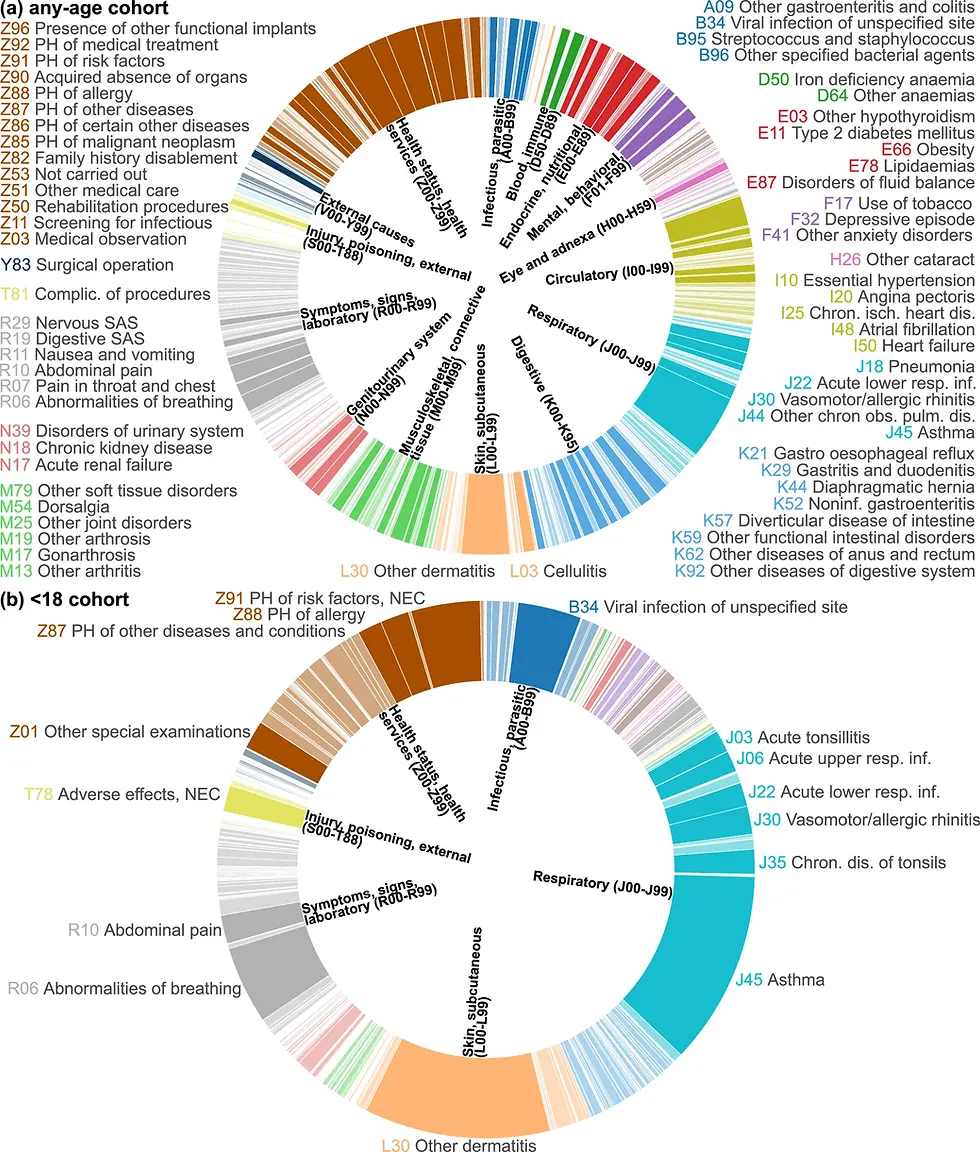Dog ownership may mitigate one genetic eczema risk factor
- John Evans
- Jun 6, 2025
- 2 min read

Findings from a new study suggest early-life exposure to domestic dogs may modify the effect of one genetic risk factor for atopic eczema (AE)—a single-nucleotide polymorphism known as rs10214237. This finding supports observational epidemiology that has shown a protective effect of dog ownership against AE.
In the study, published online in Allergy (June 4, 2025), researchers analyzed data from 16 European studies to test for interactions between the 24 most significant AE-associated gene variants and 18 early-life environmental factors
They then tested for replication using a further 10 studies and in vitro modeling to independently assess findings.
The discovery analysis included 25,339 individuals and showed suggestive evidence for interaction (p<0.05) between seven environmental factors (antibiotic use, cat ownership, dog ownership, breastfeeding, elder sibling, smoking and washing practices) and at least one established genetic variant for AE—14 interactions in total.
In the replication analysis (254,532 individuals) the relationship between dog exposure and the rs10214237 gene variant was nominally significant (Odds ratio for the interaction =0.91 [0.83–0.99] p=0.025), with a risk effect observed only in those not exposed to dogs.
The investigators observed a similar interaction with rs10214237 for siblings in the discovery analysis (ORinteraction =0.84 [0.75–0.94] p=0.003), but the replication analysis was under-powered (ORinteraction = 1.09 [0.82–1.46]). They note the rs10214237 homozygous risk genotype is associated with lower interleukin (IL)-7 receptor expression in human keratinocytes, and dog exposure modelled in vitro showed a differential response according to rs10214237 genotype.
In their conclusion, the authors write that their interaction analysis and functional assessment provide preliminary evidence that early-life dog exposure may modify the genetic effect of rs10214237 on AE via the IL-7 receptor, supporting observational epidemiology showing a protective effect for dog ownership.




Comments